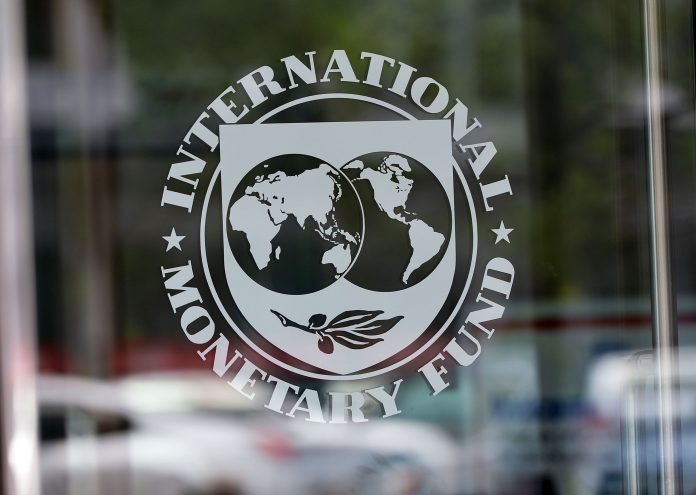ISLAMABAD: Although the government of Pakistan Muslim League Nawaz (PML-N) avoided another loan from the International Monetary fund (IMF) by the end of its term to save it from further political damages, the caretaker government may negotiate a bailout package with IMF keeping in view the troubling financial situation in the country.
However, insiders say, IMF may not sign a deal with Pakistan until the new government takes charge in the country. It will, however, negotiate the deal and terms with the caretaker setup. “In case of financial emergency, the caretaker government is fully empowered to make a deal,” said sources at the Ministry of Finance adding that the officials have suggested the government to talk to IMF for next program.
The caretaker government may negotiate with IMF for a standby arrangement to serve short-term requirements or an Extended Fund Facility for a longer period of time. “Minister for Finance Dr Shamshad Akhtar, being a renowned economist has good approaches abroad and she may make better decisions for the dwindling economy,” said an official at the ministry.
Though former chairman Senate Raza Rabbani questions the mode of caretaker setup to move to IMF for another program under Article IV Consultation saying that it would not be fair for a caretaker finance minister to bind the new parliament and the new government in such agreements.
Sources in the ministry claim that the financial position of the country has forced the government to at least complete the negotiation as Pakistan needed at least $3 billion for the repayment of debts to creditors including the IMF, World Bank, Paris Club, and China in the next few months. The country has already borrowed at least $1.2 billion from China and Middle Eastern banks in April-May to help bridge a $3 billion gap of the current fiscal year.
According to experts, the widening current account deficit would worsen the financial condition by the end of the current fiscal year and force the next elected government to approach IMF again for another bailout package.
According to the State Bank of Pakistan (SBP), the current account deficit has already widened to a record $14 billion during the July-April period of 2017-18. As per the prediction of IMF, Pakistan needed financing of $27 billion for the fiscal year 2018-19.
The officials at Finance Ministry have already informed the caretaker Prime Minister about the grave situation of economy seeking his permission to engage in talks with the IMF immediately.
“While completing its term, the PML-N government has left the economy to almost at the same level as it was in 2013 when Pakistan’s gross official reserves were $6 billion. Though reserves are $10 billion it would be depleted after paying for two months of imports,” said sources adding that the PML-N government kept consuming reserves instead of making further major arrangements. The new government has been left with the limited option of approaching the IMF soon after taking charge in August 2018.
Pakistan has so far received 12 IMF bailouts since the late 1980s and completed the last $6.6 billion IMF program in September 2016.
However, in a statement on Thursday, Ministry of Finance claimed that the government has not yet taken a decision to go to the Fund for any bailout package. Referring to the reported Article IV consultations (Under Articles of Agreement), the ministry said the consultations with member countries are part of IMF’s overall responsibility i.e to monitor the economic and financial policies of its 189 member countries.
IMF monitoring typically involves annual visits to member countries. Upon completion of their evaluation, the IMF staff presents a report to the Executive Board for discussion. These were previously scheduled to be held in Islamabad during the month of March 2018. As the government decided to present the Annual Budget 2018-19 in May 2018; the pre-occupation of key government ministries and officials in budget making exercise delayed the process. Article IV consultations are now likely to take place in the later part of June 2018. These are routine consultations and do not imply entering into negotiations with IMF.




